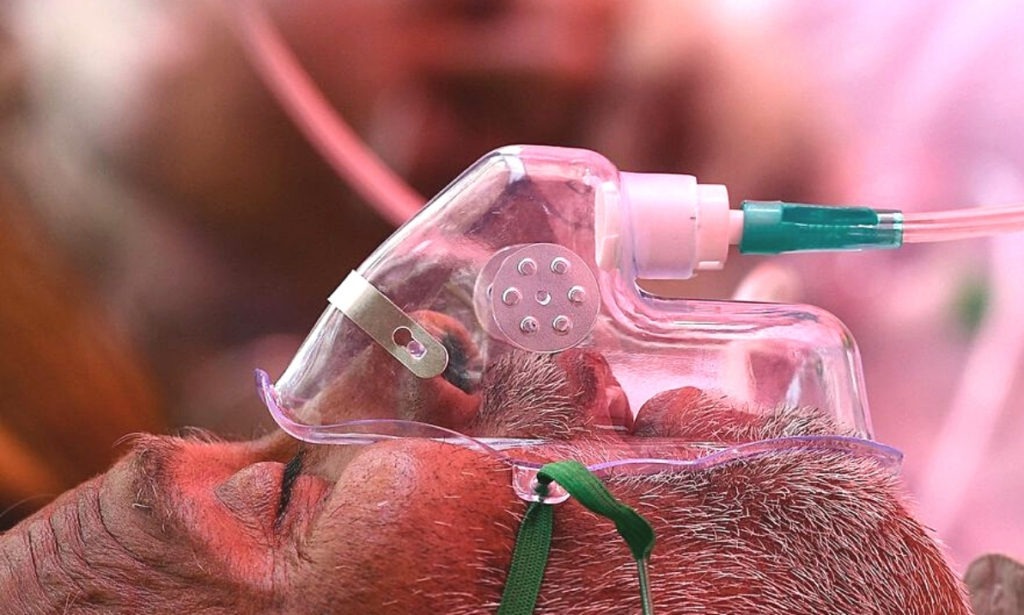In the age of COVID-19, the world has yet to discover more dangers up ahead. Though the black fungus infection has existed for a long time, it’s making a strong comeback in the horrible aftermath of the coronavirus. As of now, people in India are dying from black fungus disease. Meanwhile, the Middle East has started to struggle silently in fear. The fungal infection’s scientific name is mucormycosis and targets people who suffer from immunodeficiency, and those with a weaker immunity in general.
If COVID-19 treatment is taken properly, the risk for a weaker immunity decreases. However, if the treatment is improperly taken, such as an excessive intake of antibiotics for example, then the immunity will worsen. Consequently, recovering coronavirus patients become susceptible to such diseases, given the fact that the mucormycosis is commonly found in the air and soil and is easily caught.

The fungus takes hold of the immune system and spreads across the body. It goes on to blocking the blood flow, killing the body slowly in the process. The black fungus affects the lining of the nose, lungs, mouth, bones, and the tissue of the eyes, and the tissues turns black and dies out as a result. However, a surgery can be done in order to remove the dead and infected tissue. Unfortunately, the mortality rate of those with black fungus stands at a staggering 50%. In addition, the half that does survive live with irreversible damage.
Symptoms of the black fungus infection include:
- Headaches and swelling on the forehead.
- Swelling on one side of the face.
- Black crusts around the nose.
- Blurred vision or vision loss.
- Respiratory complications such as chest pain, cough, and shortness of breath.
Lately, a large number of cases have been reported in India, with around 5,000 cases of black fungus disease in the last couple of weeks, most of which have had COVID-19 prior to infection, or are currently recovering from it. Apart from India, Pakistan and Russia have also reported cases of the deadly disease and in the Middle East, a small number of cases have been reported in Egypt.
Sharawy Kamal, Director General of Mansoura University Hospital, confirmed, according to Egypt Independent, that they have received four fungal infection cases, including black fungus. Furthermore, there have also been three black fungus cases in three different governorates throughout Egypt.
Moreover, the health authorities in Dhi Qar Governorate, southern Iraq, have announced the death of one patient with black fungus, and four people have been affected in Iraq. However, the patient had already passed away when he was diagnosed, and did not receive treatment.
In order to treat the infection, an antifungal medicine must be taken, or perhaps injected. At the moment, Amphotericin B is currently being used in India to fight the disease, which can take up to six weeks of medications for a full recovery.



